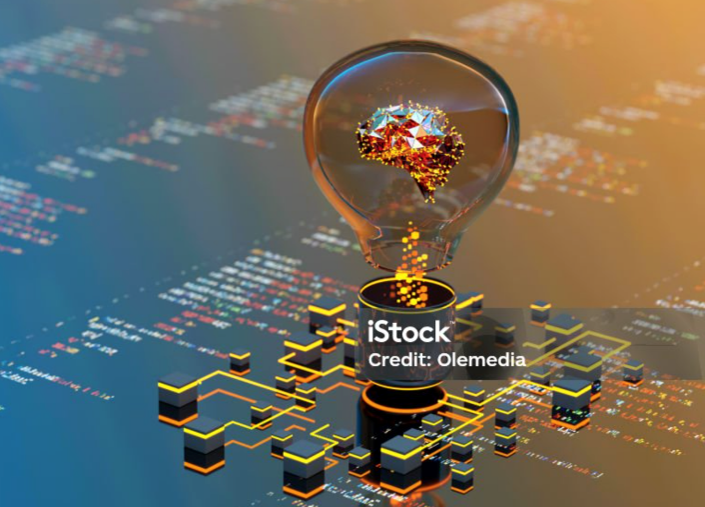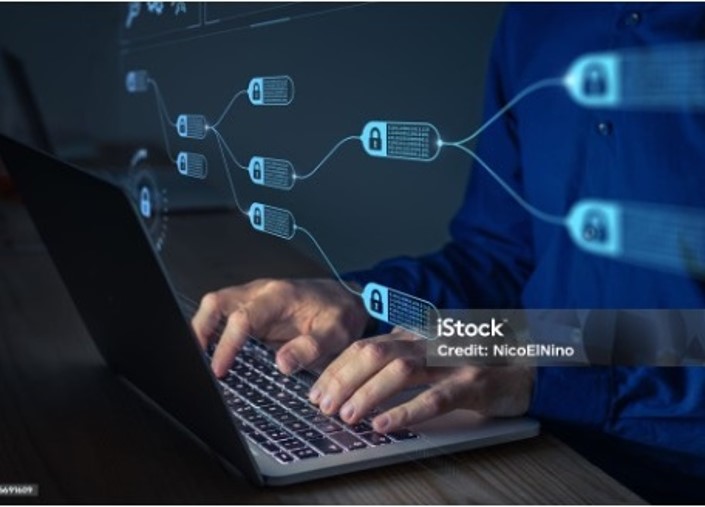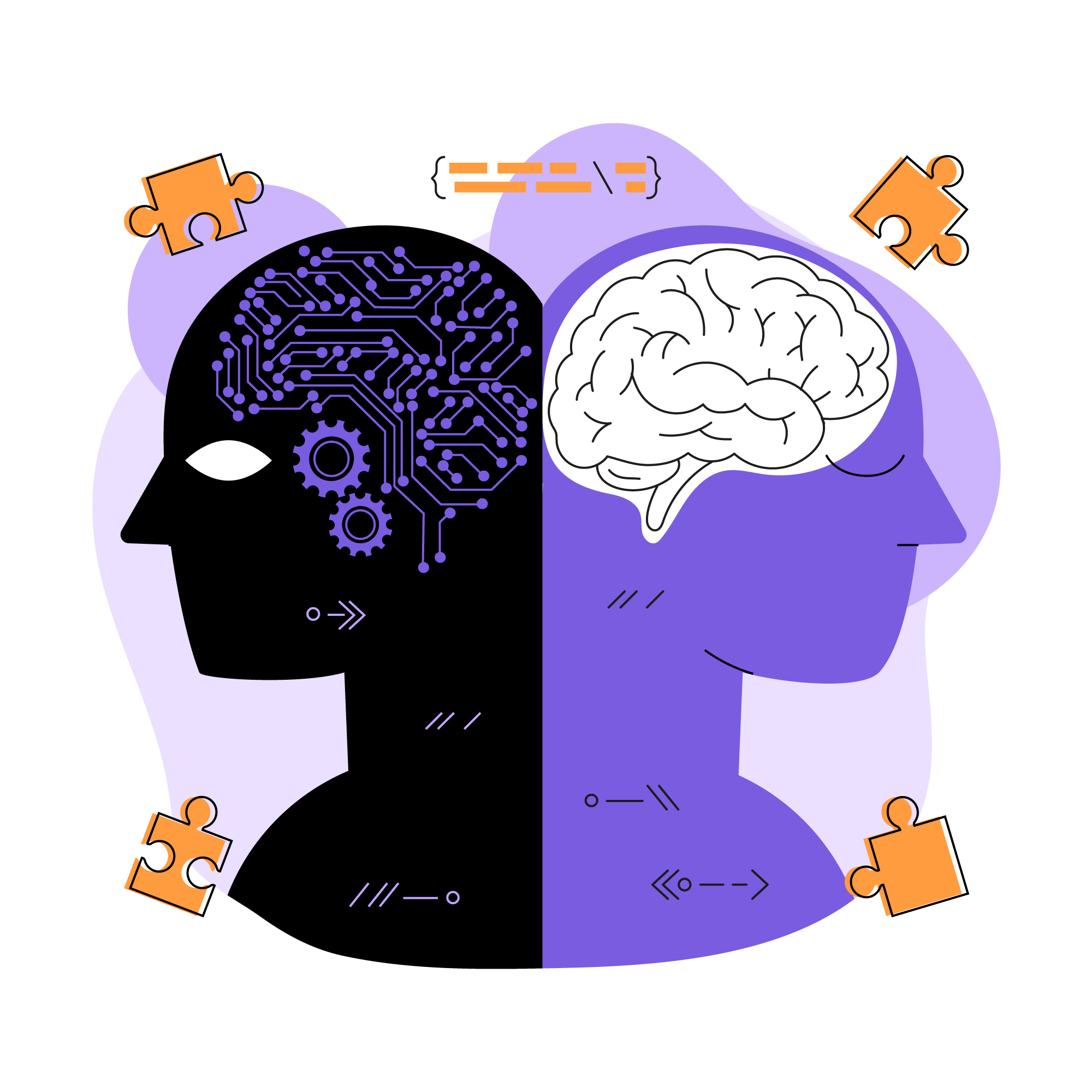cii Research Area: Decentralized Information Systems
The centralization and decentralization of information systems are omnipresent phenomena that are driven by social and technical aspects. In general, information systems tend to decentralize when stakeholders strive for more autonomy and centralize when stakeholders integrate with information systems. To meet information system purposes, technical systems need to be aligned with the degree of decentralization of information systems. However, it is unclear how technical systems should be designed to support meeting information system purposes through decentralization. The cii research group studies decentralized information systems, focusing on how technical systems should be designed to support purposeful information systems decentralization based on different technologies (e.g., distributed ledger technology and machine learning). In particular, the cii research group investigates how information system purposes can be achieved by designs of computing systems that allow for different degrees of decentralization.
 The training of machine learning models requires sufficient training data in terms of quantity and quality to make meaningful predictions with little generalization error. However, technical (e.g., insufficient computing resources) and compliance challenges (e.g., data protection regulations) often hinder the acquisition of sufficient training data from multiple parties. Collaborative distributed machine learning is a machine learning paradigm that can be implemented to overcome those challenges by using data from multiple parties to train ML models in a confidentiality-preserving manner. In collaborative distributed machine learning systems (e.g., federated learning systems), parties can keep control over their training data This can help solve technical and compliance challenges. Our research investigates the design of collaborative distributed machine learning systems from a sociotechnical perspective, focusing on robustness, confidentiality, and fairness in collaborative distributed machine learning systems and the use of collaborative distributed machine learning systems in information systems.
The training of machine learning models requires sufficient training data in terms of quantity and quality to make meaningful predictions with little generalization error. However, technical (e.g., insufficient computing resources) and compliance challenges (e.g., data protection regulations) often hinder the acquisition of sufficient training data from multiple parties. Collaborative distributed machine learning is a machine learning paradigm that can be implemented to overcome those challenges by using data from multiple parties to train ML models in a confidentiality-preserving manner. In collaborative distributed machine learning systems (e.g., federated learning systems), parties can keep control over their training data This can help solve technical and compliance challenges. Our research investigates the design of collaborative distributed machine learning systems from a sociotechnical perspective, focusing on robustness, confidentiality, and fairness in collaborative distributed machine learning systems and the use of collaborative distributed machine learning systems in information systems.
 Distributed ledger technology can support the decentralization of information systems by offering a distributed database that can be managed and operated in a decentralized manner. However, the design of distributed ledger technology systems that meet requirements in information systems is complex. For example, the blockchain trilemma hinders the simultaneous achievement of high security, performance, and degree of decentralization. To support the designs of distributed ledger technology systems for information systems (e.g., for open science), the cii research group studies the behaviors of distributed ledger technology systems with different designs and the development of decentralized software applications. Moreover, the cii research group studies the relationship between the decentralization of distributed ledger technology systems and the degree of decentralization of social systems to support purposeful information system decentralization.
Distributed ledger technology can support the decentralization of information systems by offering a distributed database that can be managed and operated in a decentralized manner. However, the design of distributed ledger technology systems that meet requirements in information systems is complex. For example, the blockchain trilemma hinders the simultaneous achievement of high security, performance, and degree of decentralization. To support the designs of distributed ledger technology systems for information systems (e.g., for open science), the cii research group studies the behaviors of distributed ledger technology systems with different designs and the development of decentralized software applications. Moreover, the cii research group studies the relationship between the decentralization of distributed ledger technology systems and the degree of decentralization of social systems to support purposeful information system decentralization.
 Enabled through distributed ledger technology, cryptoeconomic systems are sociotechnical systems wherein market participants (e.g., individuals, organizations, and software components) manage ownership of assets based on digital tokens that are secured by principles of cryptographic systems. Various cryptoeconomic systems have emerged, such as the Bitcoin system and the Ethereum systems, that offer interesting investment opportunities into different kinds of assets (e.g., cryptocurrencies). To trade such assets, automated market makers have been developed and used in decentralized exchanges. However, the actual benefits of decentralized exchanges compared to centralized exchanges regarding market quality remain unknown. To better understand the benefits of decentralized exchanges and centralized exchanges, the cii research group investigates how different designs of automated market makers can influence market quality.
Enabled through distributed ledger technology, cryptoeconomic systems are sociotechnical systems wherein market participants (e.g., individuals, organizations, and software components) manage ownership of assets based on digital tokens that are secured by principles of cryptographic systems. Various cryptoeconomic systems have emerged, such as the Bitcoin system and the Ethereum systems, that offer interesting investment opportunities into different kinds of assets (e.g., cryptocurrencies). To trade such assets, automated market makers have been developed and used in decentralized exchanges. However, the actual benefits of decentralized exchanges compared to centralized exchanges regarding market quality remain unknown. To better understand the benefits of decentralized exchanges and centralized exchanges, the cii research group investigates how different designs of automated market makers can influence market quality.
 Fairness in the context of information systems has shown to be increasingly complex and hardly captured in its entirety. Therefore, the design of fair information systems is hard to achieve. As information systems have become integral to our lives, fairness has become important to be accounted for in information system designs. However, since it is unclear how technical aspects of information systems fundamentally affect fairness between stakeholders, achieving fairness in information systems is difficult. The cii research group investigates how fairness can be achieved in information systems to support enhancing fairness in information systems. Moreover, the cii research group explores the tensions between fairness and other concepts, such as decentralization, reciprocity, scalability, and security.
Fairness in the context of information systems has shown to be increasingly complex and hardly captured in its entirety. Therefore, the design of fair information systems is hard to achieve. As information systems have become integral to our lives, fairness has become important to be accounted for in information system designs. However, since it is unclear how technical aspects of information systems fundamentally affect fairness between stakeholders, achieving fairness in information systems is difficult. The cii research group investigates how fairness can be achieved in information systems to support enhancing fairness in information systems. Moreover, the cii research group explores the tensions between fairness and other concepts, such as decentralization, reciprocity, scalability, and security.
Sunyaev, A.; Dehling, T.; Strahringer, S.; Da Xu, L.; Heinig, M.; Perscheid, M.; Alt, R.; Rossi, M.
2023. Business & Information Systems Engineering, 65, 731–751. doi:10.1007/s12599-023-00839-2
Jin, D.; Kannengießer, N.; Rank, S.; Sunyaev, A.
2023. doi:10.5445/IR/1000162704
Kirste, D.; Kannengießer, N.; Lamberty, R.; Sunyaev, A.
2023. arxiv. doi:10.48550/arXiv.2309.12818
Pfister, M.; Kannengießer, N.; Sunyaev, A.
2022. Blockchains and the Token Economy. Ed.: M. C. Lacity, 53–86, Springer Nature Switzerland. doi:10.1007/978-3-030-95108-5_3
Kannengießer, N.; Lins, S.; Sander, C.; Winter, K.; Frey, H.; Sunyaev, A.
2022. IEEE transactions on software engineering, 48 (11), 4291–4318. doi:10.1109/TSE.2021.3116808
Sunyaev, A.; Kannengießer, N.; Beck, R.; Treiblmaier, H.; Lacity, M.; Kranz, J.; Fridgen, G.; Spankowski, U.; Luckow, A.
2021. Business & information systems engineering, 63 (4), 457–478. doi:10.1007/s12599-021-00684-1
Kannengießer, N.; Lins, S.; Dehling, T.; Sunyaev, A.
2020. ACM computing surveys, 53 (2), Art. Nr.: 42. doi:10.1145/3379463
